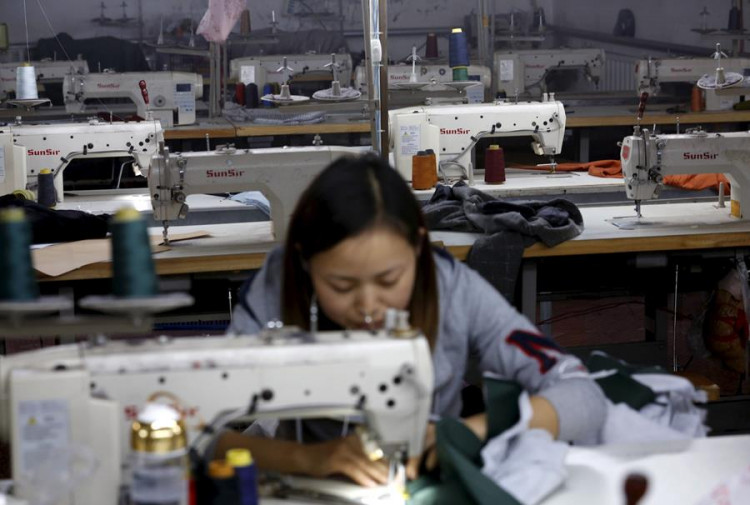The recent discourse surrounding China's economic situation has been marked by a stark dichotomy between the government's triumphant narrative and the less optimistic picture painted by economists and data.
As censors in China strive to suppress discussions about the substantial segment of the population living in relative poverty, the debate about the nation's economic health and trajectory intensifies.
Li Xunlei, chief economist at Zhongtai Securities, ignited a conversation with his revelation that nearly 1 billion Chinese citizens subsist on less than $300 a month. This figure, highlighting profound income inequality, momentarily gained traction on Weibo, China's X-like microblogging app, before censors removed the trending hashtag. Li's article, citing data from a 2021 research paper by the China Institute of Income Distribution at Beijing Normal University, was also subsequently taken down.
The suppression of such discussions is emblematic of the sensitivity of China's leadership to any debate about the country's economic performance, a key indicator of the government's legitimacy. The Ministry of State Security has been actively messaging users not to badmouth the economy, reflecting the state's apprehension about public sentiment.
China's economic narrative has long been one of inevitable ascension, with many predicting it would overtake the United States to become the world's largest economy by 2030. However, recent analyses, such as that from the UK's Centre for Economics and Business Research (CEBR), suggest a significant delay in this timeline. The CEBR now predicts that China will not surpass the United States until 2037, a forecast echoed by concerns over domestic challenges and the recent real estate market crisis.
This adjustment in economic forecasting aligns with the reality faced by millions of Chinese citizens. The claim that nearly 964 million people earn less than 2,000 yuan a month sheds light on the vast income disparity within the nation. This statistic gains further credibility when juxtaposed with former Prime Minister Li Keqiang's comments about the 600 million Chinese living on an income of just 1,000 yuan a year and the soaring youth unemployment rate.
Despite the censorship efforts, the narrative of China's economic dominance is evidently confronting substantial challenges. From the struggles of everyday citizens to broader sectoral stress and the revised predictions of when, or if, China will eclipse the United States economically, the story is far more complex than the official line suggests. As the world watches, the unfolding discourse will not only shape perceptions of China's economic future but also impact global economic dynamics.





